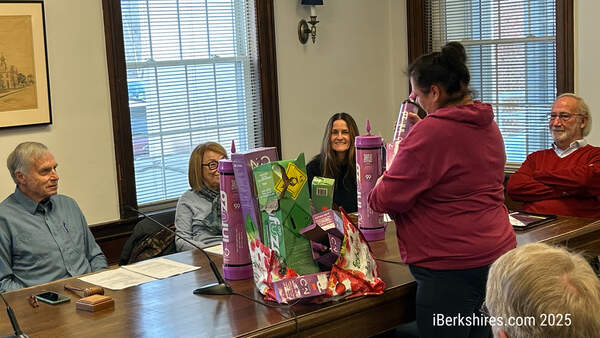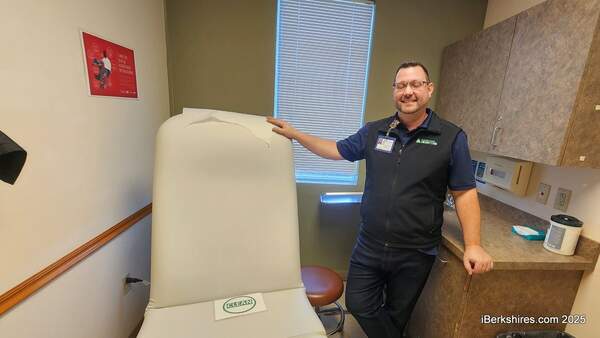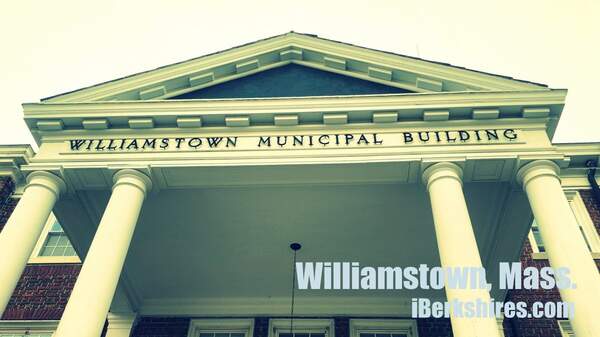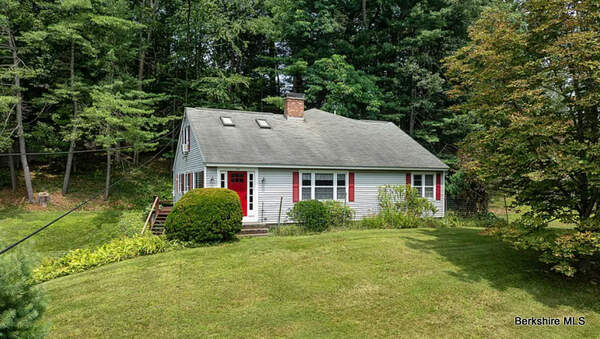Clark Art Institute Names Associate Director of Research and Academic Program
 |
WILLIAMSTOWN, Mass. — The Clark Art Institute has appointed Caroline Fowler as associate director of its Research and Academic Program.
Prior to joining the Clark, Fowler was the A.W. Mellon fellow in the physical history of art at Yale University from 2016–18, where she taught graduate seminars on the history and philosophy of conservation practice, and coordinated workshops and symposia that introduced graduate students to the theoretical and practical concerns of working with objects.
She received her PhD from Princeton University and has held fellowships at the Center for Advanced Study in the Visual Arts in Washington, D.C., the Getty Research Institute in Los Angeles, and the Zentralinstitut für Kunstgeschichte in Munich.
"Caroline Fowler is an exceptional scholar who brings many different perspectives, and great vitality and intelligence to the Research and Academic Program," said Olivier Meslay, the Hardymon director of the Clark Art Institute. "We are delighted to have her join the Clark's staff and look forward to the dynamic programs she will nurture through her work."
A specialist in early modern art and intellectual history, she has published widely on intersections between artistic practice and philosophy with articles appearing in Art Bulletin, Art History, and Word & Image, among other journals and edited volumes. Her first book, "Drawing and the Senses: An Early Modern History," was published in the Harvey Miller book series Studies in Baroque Art in 2017. Fowler is currently completing her second book — a global history of paper and its impact on artistic practice entitled, From the Holy Land to the New World: A Paper Renaissance.
"It will be an honor and an exciting challenge to help shape the future of RAP," Fowler said. "I hope to contribute to maintaining RAP's legacy as a site for polemical and field-changing academic research while fostering what makes RAP unique as a place of inquiry—impacted by the beauty of the natural landscape, the rigor of the Williams College Graduate Program in the History of Art, and the dynamic presence of the Clark's collection and exhibition programming."
Tags: Clark Art,















